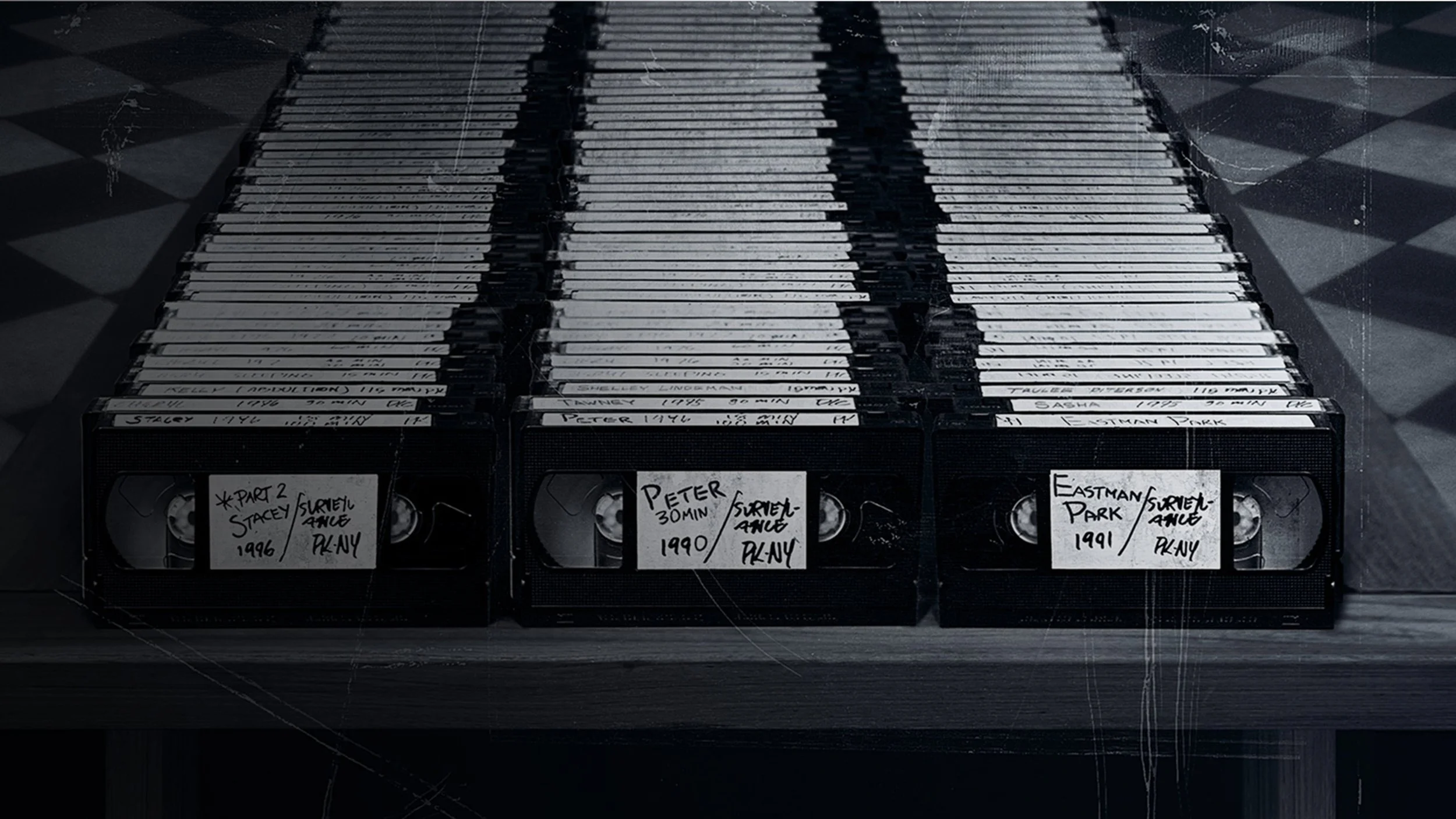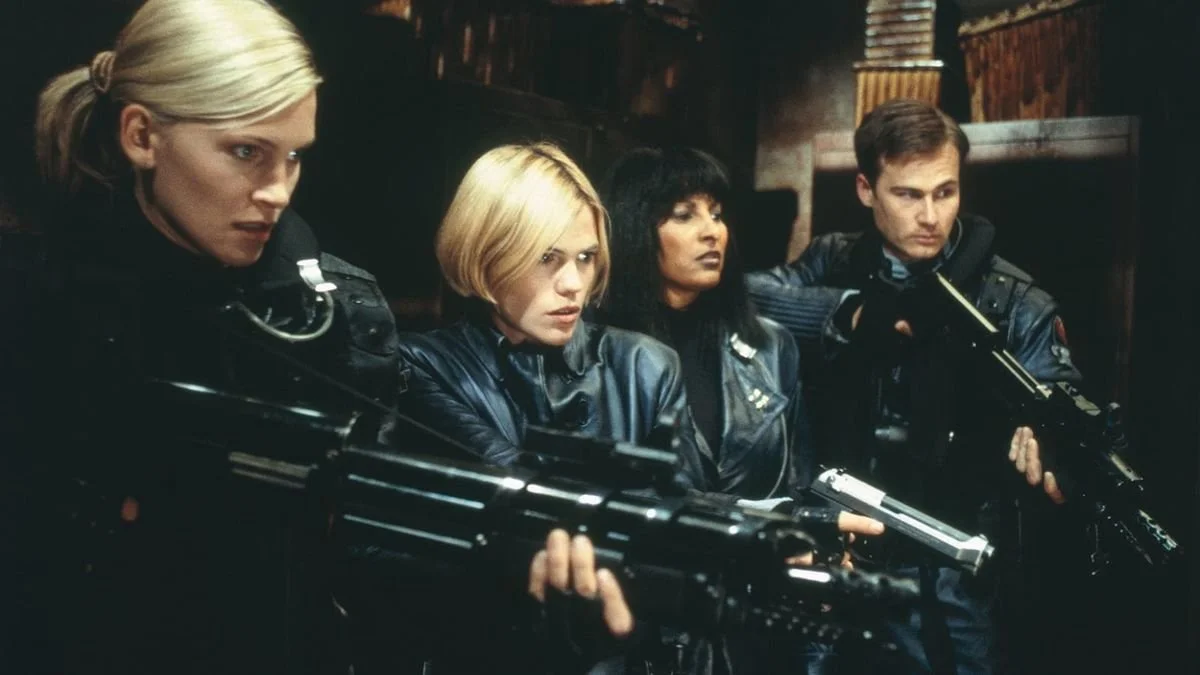Review: Den of Thieves (2018)
When people call a movie “derivative,” they usually mean it in a pejorative sense. But sometimes it’s simply the best way to describe a movie, even if it’s not meant as a bad thing. Christian Gudegast’s 2018 action film Den of Thieves is derivative in the best sense of the word. It’s a film concocted by filmmakers who seem to view the entirety of American storytelling through the lens of cops and robbers. They also think that copying the structure, dramatic tensions, and key action scenes from Michael Mann’s Heat results in a good movie. Well, they’d be right because it does. Den of Thieves is basically Heat, but set in 2018 with Mann’s distinct style and valorizing of professionalism replaced with a grubby look at how unglamorous life is for cops and robbers in our modern day. There’s not an original bone in its body, but it works surprisingly well because of how earnestly it attempts to entertain the viewer with elements that have worked before.
The key to Den of Thieves is that the film is completely irony-proof. I was turned onto the film after listening to an episode of the podcast, Chapo Trap House, where the hosts and movie writer Jesse Hawken discuss it as one of the definitive films of the Trump era. Considering how irony-drenched Chapo is, I expected them to recommend the film as a fascinating mess with accidental profundity, akin to Gotti or other films mentioned in the same episode. But surprisingly, Den of Thieves is more akin to Road House than Uwe Boll. It’s immune to irony because it’s too deeply-felt in its embrace of cliche.
If you’ve seen Heat, I don’t need to describe the plot because it’s the exact same. But for those who haven’t, Den of Thieves follows a cop (Gerard Butler) who wants to put away a legendary bank robber (Pablo Schreiber); the two play cat and mouse leading up to a big heist, knowing they’re on a collision course, but waiting to engage until the heist goes down. In Den of Thieves, the robbers are attempting to rip off the Federal Reserve, through a clever infiltration involving a stolen armored truck, disguises, and a crafty associate (O’Shea Jackson Jr.) posing as a Chinese food delivery man. Things inevitably go sideways and the cops and robbers get in a gun battle in the midst of LA traffic. A chase ensues and supporting characters are left by the wayside until it’s just the cop and the robber facing down with everything on the line. Only one man can win in this game of equals.
In some respects, the film is going through the motions to get to the action scenes, which is good since they’re actually exciting. The heist sequence in which Schreiber’s crew robs the Federal Reserve is particularly strong for its use of cross-cutting and narrative payoffs; it’s a clear example of how a patient, procedural approach is essential to thriller set pieces. There’s nothing unique to Gudegast’s visual style, which borrows its golden colour palette from the films of Michael Bay and favours medium-close ups and low angles like most modern action films. The editing isn’t too choppy and there’s actual geographical coherence in the action scenes, which makes the loud sound effects and grisly violence land with some authority. You won’t find the grace of the John Wick films in the action, but it’s also not incoherent like an Olivier Megaton film.
The structure and set pieces of Den of Thieves are basically the same as those in Heat, but its aesthetic and thematic approach is entirely different. Michael Mann glamorized the professionalism of the two men at his film’s centre; both De Niro’s robber and Pacino’s cop respect each other, which is why the restaurant sit down between the two of them is the most famous scene in the film. But Butler’s cop and Schreiber’s robber don’t have a similar mutual respect. They’re both professionals, but Butler is an alcoholic blowhard and Schreiber is a man who seems to take no joy in any aspect of his existence.
There’s a mid-film meeting between the two of them in a Benihana restaurant, but instead of the two men sharing admiration for the other, the scene is mostly a drunken Butler trolling Schrieber and his Samoan associates for how lazy Samoans supposedly are and how much better his high school football team was than Schreiber’s. There’s nothing romantic in this film’s approach to cops and robbers, and nothing appealing about the lives of the characters; instead, the film uses the dynamic as a means to play with action set-pieces. The film’s thematic profundity comes in how the film shows the degeneration of modern American culture: even the hero cops and genius robbers are losers now.
Key to the film’s effect is Gerard Butler, who has spent the years since the smash success of 300 piling on the pounds like a high school QB gone to seed in middle age and leaning into action cliches. The Olympus Has Fallen series best personifies the kind of grotesque action films he’s known for, but those movies are trash (Gudegast wrote the sequel, London Has Fallen). On the other hand, Den of Thieves is genuinely compelling as an action movie and a showcase for Butler’s committed performance as the shithead lead.
We first meet him at a crime scene where he takes a bite out of a doughnut that’s technically forensic evidence before berating the investigating FBI agent for being a vegan. Later, he comes home from cheating on his wife only to be caught drinking orange juice while half drunk. Butler plays a slimebag whose wife hates him, whose colleagues barely tolerate him, and whose enemies have nothing but contempt for him and his way of going about his business. It’s a far cry from the honour of Pacino’s cop in Heat, but perhaps that’s the point.
Den of Thieves copies the structure and set-pieces of Heat, but it’s in what it doesn’t copy that the film’s themes hit home. The disconnect between the romance of Mann’s film and the gritty mundanity of Gudegast’s captures how the film speaks to our moment, where romance and honour have evaporated from mainstream action films (and perhaps contemporary American life in general). What we’re left with is people going through the motions, holding onto the high stakes violence because there’s nothing else that makes them feel alive.
Den of Thieves may be derivative because it’s about people who are derivative. They’re the kind of people who become cops because they watch a movie like Heat and want to live out its excitement, not realizing that copying honour doesn’t give you honour; you have to supply that on your own. Thus, the film’s title is appropriate; with these characters, honour is nowhere to be found.
8 out of 10
Den of Thieves (2018, USA)
Directed by Christian Gudegast; written by Christian Gudegast, based on a story by him and Paul Scheuring; starring Gerard Butler, Pablo Schreiber, O’Shea Jackson Jr., Curtis “50 Cent” Jackson, Evan Jones, Cooper Andrews.



Kiyoshi Kurosawa’s 2001 J-horror film predicted the new millennium in terrifying ways.